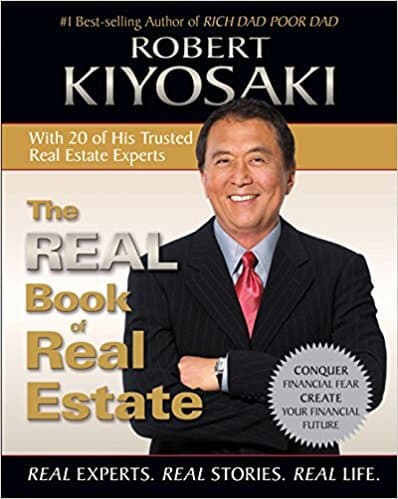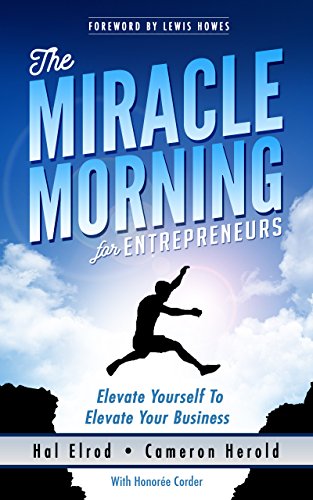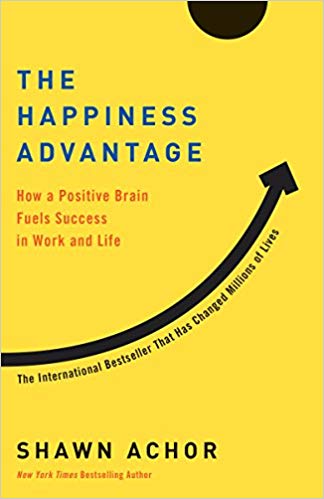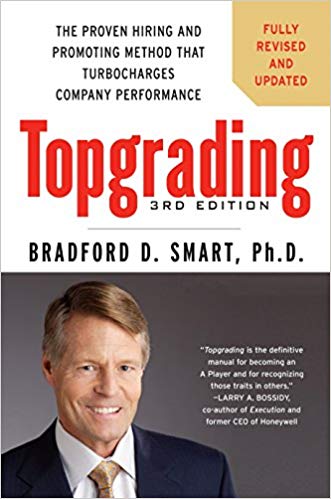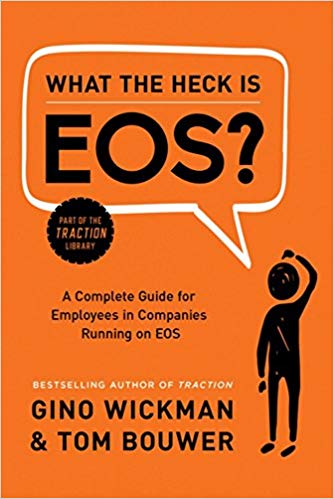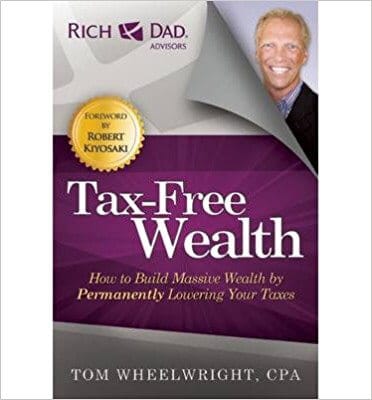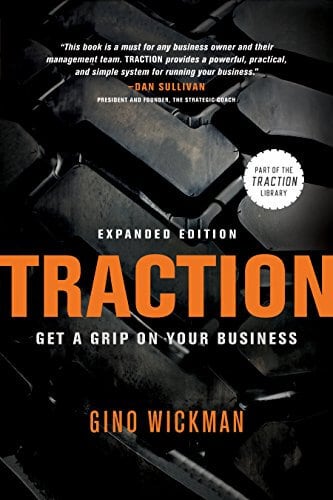BookYap’s Review: I like to educate myself as well as to invest in real estate. The books I have read, and practice on these topics often come from Robert Kiyosaki’s team of authors. I find most of their books doing a good job educating people on what we need to know with regard to real estate investment, finance, taxes, etc.
I wanted to review this book because it is comprehensive; it gives you enough information to know the essential things you should know and practice. If you want to learn more detail on a particular topic from this book, you can even get the book(s) written by the co-author from each section of this book. With that, let’s go over chapter one.
Part 1: The Business of Real Estate

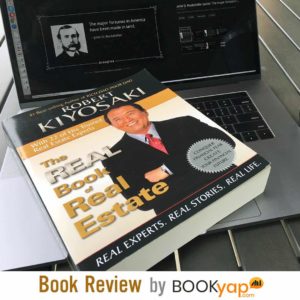 In this chapter one, co-author Tom WheelWright covers five fundamental business principles of real estate investing: Strategy, Team, Accounting, Reporting, and Taxes. I find the graphics the author used easy to follow and understand.
In this chapter one, co-author Tom WheelWright covers five fundamental business principles of real estate investing: Strategy, Team, Accounting, Reporting, and Taxes. I find the graphics the author used easy to follow and understand.
1. Strategy: There are 7 steps which you might find similar to most of those in a traditional business plan. And I think it is important to educate yourself first, no matter which business investment type you want to start. The 7 steps are Imagine, Financial Goals, Cash Flow Target, Current Wealth, Vision-Mission-Value, Investment Niche, and Criteria.
2. Team: For anyone who just started in real estate investing or in any startup, I think choosing the right team members plays a crucial role in your business success. After running small businesses for about a decade, with a group of people on the payroll, I can confirm that choosing your team members “carefully” is the wise move. You see, it only takes 1% of your efforts to hire or partner with someone, but 99% your efforts to work with that person. You should take the time to select strong members for your team.
3. Accounting: In this section, the author puts it so well: “Accounting should never be done solely (or even mainly) to satisfy the IRS or other regulators. Accounting’s primary purpose should be to provide accurate and useful information so that you can make the best decisions.” Even with my businesses, I’m trying my best to keep things organized, but like many of us, I’m not good at keeping the books, so I ask my wife help me with the details. Talk about selecting a good team member for the right task!
Now, I don’t recommend anyone get married just to have a spouse keep track of your accounting, because you’ll pay an expensive price down the road. I also don’t recommend you put that task on your current spouse if s/he doesn’t want to do it. In my case, I’m just fortunate that my wife likes to keep things neat.
Updating your bookkeeping once a week is a good habit to start. I understand this is a lot to ask because most of us hate bookkeeping, but let’s review just a few questions to explore, which shed some light on why to keep proper accounting in your business ventures:
- a. If you were able to keep more of your revenue, (or duck taxes) would you practice weekly accounting?
- b. With all the money you get to keep, you’d be able to invest more into additional profitable properties. Would this make you want to practice weekly accounting?
- c. If you could increase your business chance of success many times over, and fast-track it too, would you practice weekly accounting?
For these 3 reasons, I know I would, because good accounting is one of the key factors that have helped me become a wiser real estate investor.
4. Reporting: This is also one of the important factors successful entrepreneurs use in their daily business operations. If you don’t track and measure your investments you will not know how each of them performs; thus, you can’t make the best decisions to pivot each of them toward desirable goals.
The two favorite ratios I often revisit the most are: return on investment (ROI) and cap rate. And the tables in this section makes it easy for readers to understand, especially table 1.4 where it shows the most common ratios often used to analyze property performances.
5. Taxes: Do you know the #1 factor that contributes to real estate investors’ wealth, is Taxes? This section will show you 5 ways that you can reduce your tax by 30% or more. To maximize your benefits on this topic of taxes, I highly recommend you read these two books which will educate you much more in detail on how to leverage taxes and real estate to your advantage:
- a. Tax-Free Wealth by the same author Tom Wheelwright CPA
- b. Loopholes of Real Estate by Garrett Sutton, ESQ.
Overall, I think this chapter provides enough information to help new real estate investors get started in the right direction; to treat real estate investing as a real business instead of just a side project. For those who are serious about using real estate investment as your primary vehicle to get you out of the “rat race” (or your 8-to-5 job) then this book is for you.
Part 2: A Real Estate Attorney’s View of Assembling and Managing Your Team
In this chapter real estate attorney Charles w. Lotzar gives his view of how you should assemble and manage a real estate team; a real estate attorney, real estate broker, accountant, architect, civil engineer, a professional surveyor, hazardous substance site assessment engineer, escrow officer/title agent, mortgage broker, insurance agent, 1031 exchange intermediary, and general contractor.
If you’ve just started to invest in real estate, you probably don’t need (and can’t afford) the help of all these professionals. But as you grow your real estate investment business, you should be on the look-out for “well-rounded” people in these trades, and add good ones to your team rolodex over time.
We all know getting professional advice from an attorney is not cheap. What I’ve learned from this chapter on what to look for when assembling a real estate team, is worth much more than the price of this book. In this chapter, I couldn’t agree more with “the three rules of the game.” As an entrepreneur who has managed employees for a decade, I can confirm that these rules will help you assemble an effective and efficient team.
You should:
1. Hire talented people, because it will pay for itself.
2. After you hired talent people, let them use their brains to help you solve problems.
3. You need to hire people with outstanding judgment, who can make good decisions in a changing environment, rather than someone who is just able to complete tasks at hand.
Our country may have more laws than any other, and the real estate business is all about dealing with, and working with laws, and contracts. To protect yourself well in this business, I definitely recommend you take the advice from this chapter seriously.
Will be continued…
